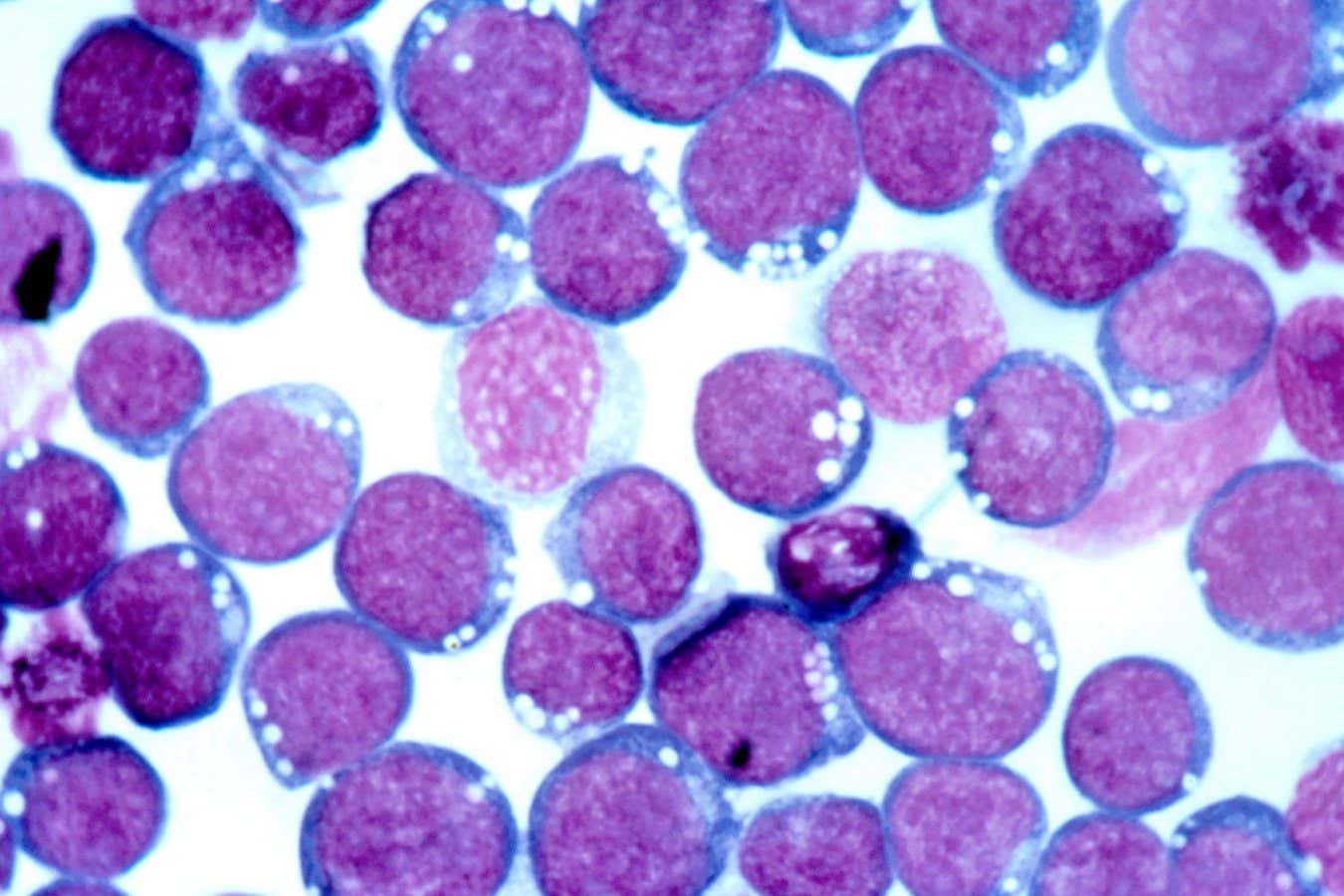A promising vaccine has been developed to combat the Epstein-Barr virus (EBV), which is responsible for causing glandular fever, also known as infectious mononucleosis or “mono”. EBV has been linked to various serious health conditions and infections. Unlike other experimental EBV vaccines that primarily target antibodies, this vaccine targets different aspects of the immune system.
EBV is a type of herpes virus that spreads through saliva and infects around 95% of the adult population worldwide. Symptoms of EBV infection include a high temperature, severe sore throat, and extreme fatigue. In recent years, EBV has been associated with multiple sclerosis (MS) and certain types of cancer, such as nasopharyngeal cancer and some lymphomas. Although scientists have been working on developing EBV vaccines, none have been approved for use yet.
Rajiv Khanna, a researcher at the Berghofer Medical Research Institute in Australia, explains that most previous EBV vaccines aim to induce antibodies, similar to how COVID-19 and flu vaccines work. However, EBV can hide within the body’s antibody-producing immune cells called B-cells, leading to lifelong infection. To address this challenge, Khanna and his team designed a vaccine that not only produces antibodies against the virus but also activates T-cells, a type of immune cell that can destroy B-cells where EBV is multiplying within the body.
In mouse studies, the vaccine successfully stimulated the production of EBV antibodies and T-cells for over seven months after immunization. It also inhibited tumor growth in mice with EBV-related lymphoma.
The researchers are now planning to investigate whether the vaccine can be modified to prevent multiple sclerosis. Meanwhile, they aim to conduct human trials of the current vaccine within the next two years.
If the vaccine proves effective in targeting EBV within cells in humans, it could be a valuable treatment option for EBV-related cancers, according to Paul Farrell from Imperial College London. Additionally, it may also prevent EBV infection in individuals who have not yet been exposed to the virus.
However, the potential use of the vaccine against multiple sclerosis is more complex due to insufficient knowledge about the immune mechanisms that cause and regulate the disease, warns Farrell.








